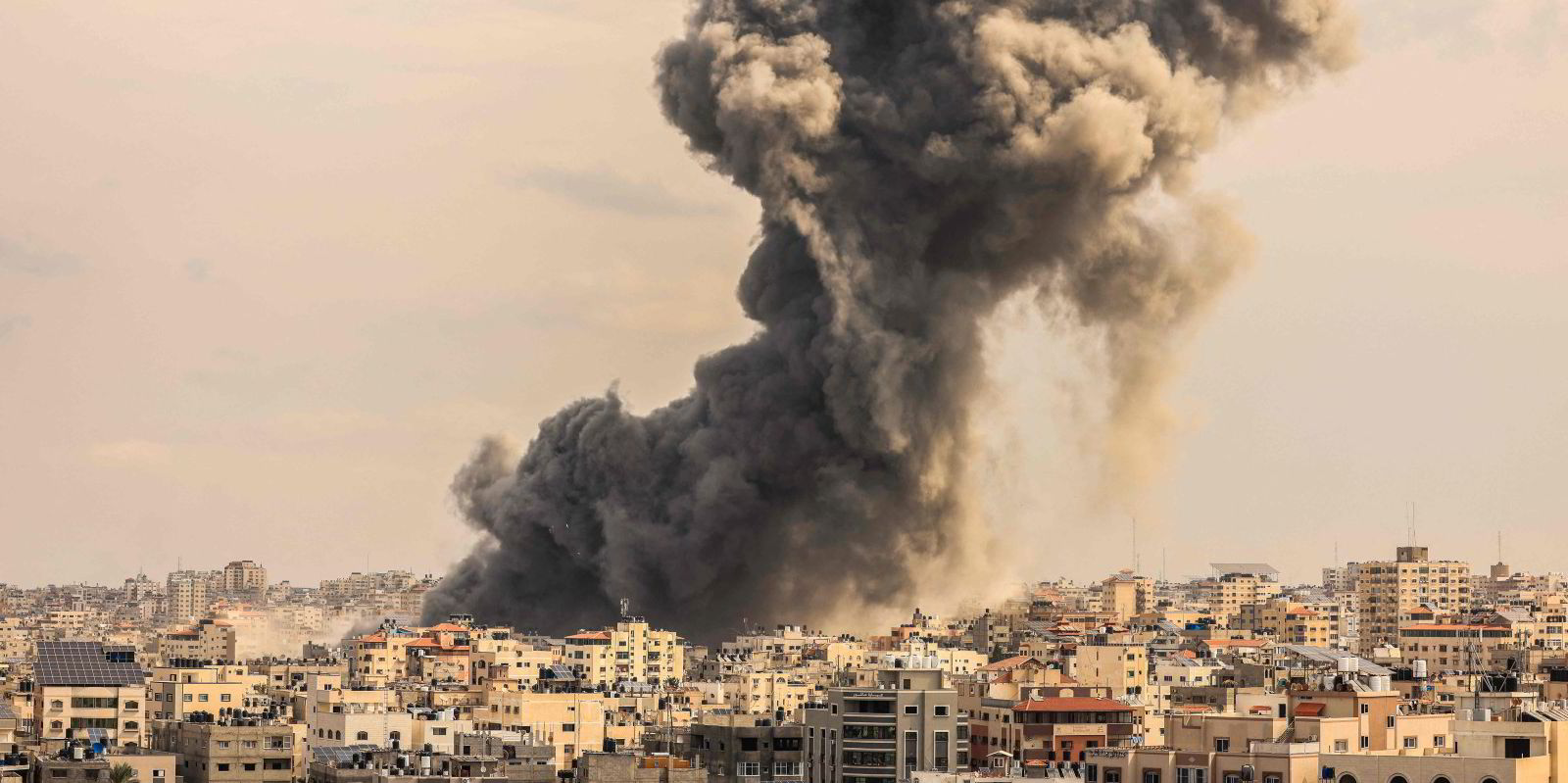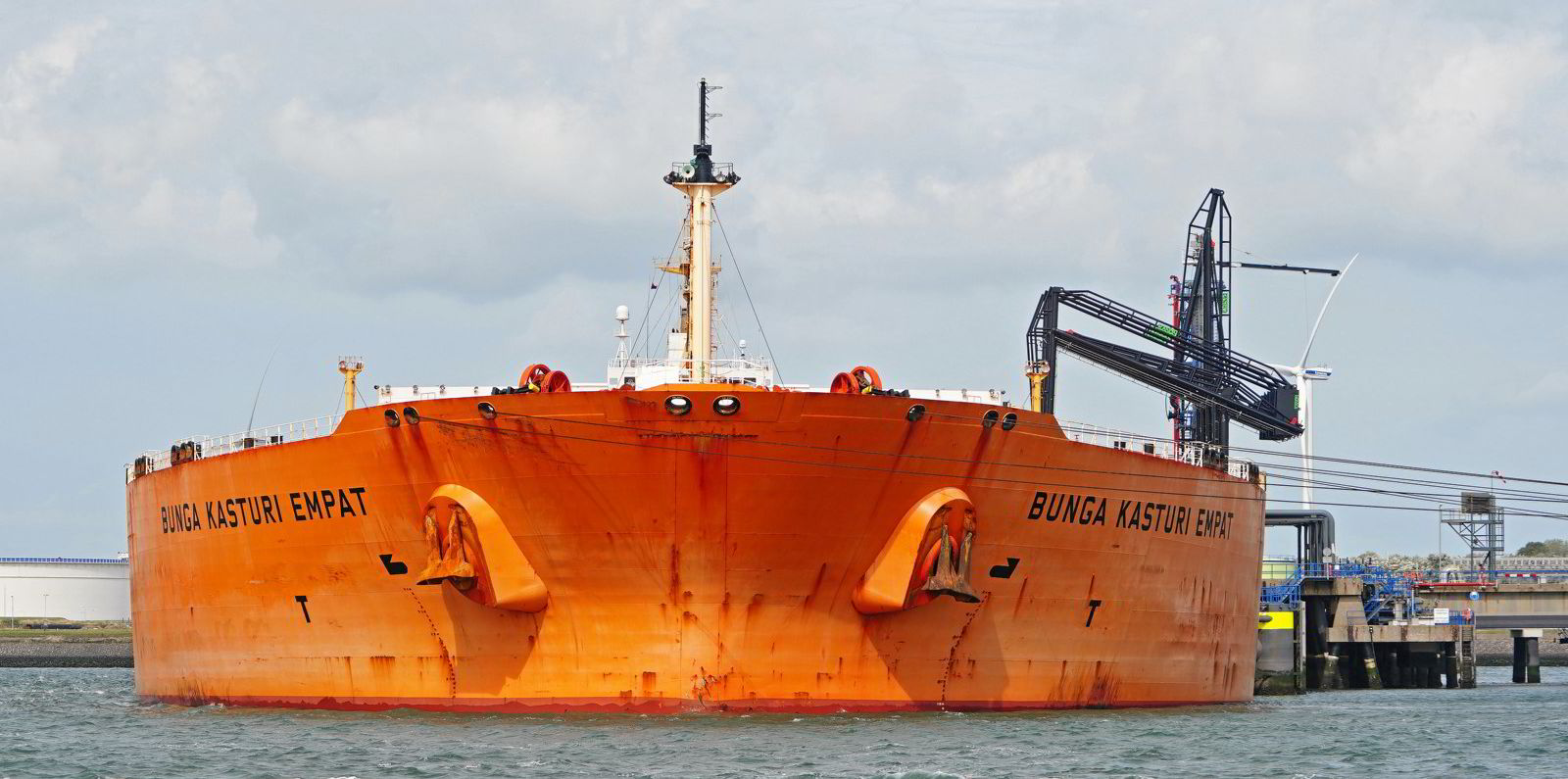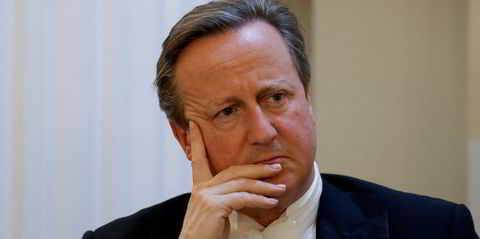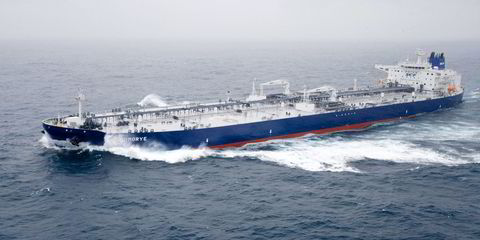The price of oil rose sharply on Monday because of fears that the unprecedented attacks by Hamas on Israel could lead to a wider Middle East crisis that would hit supplies.
Brent crude was up 2.67% at $86.75 a barrel, while West Texas Intermediate was up more than 3% or $2.50 a barrel to $85.29 as the markets assessed the ramifications of the surprise attack that left hundreds dead.
Analysts said the conflict is unlikely to have a direct impact on shipping markets but there could be knock-on effects.
Clarksons said the fighting was unlikely to exert a “profound and enduring influence” on freight markets like seen with the surprise attack by an Arab coalition that resulted in the 1973 Yom Kippur war. “This is primarily due to the diversification of the global oil market and the absence of an oil embargo,” it said.
Production cuts by Saudi Arabia and Russia, coupled with global economic concerns, have seen crude tanker rates decline in recent week and analysts warned that the crisis could lead to a further tightening of supplies and price rises.
Some of the Saudi cuts have been offset by rising production by Iran, which has been accused of overseeing Saturday’s attack by its Hamas allies on Israel.
Critics say the US has failed to act against growing Iranian exports — hauled by shadow fleet operators predominantly to China — because of concerns about global oil prices and the impact on domestic motoring costs with a presidential election next year.
Earlier this month, BRS Shipbrokers said Iran would be encouraged to ship more to China because the US appeared to be taking a softer line on sanctioned cargoes.
Iranian crude exports peaked this year at 1.54m barrels per day in May — the highest level for nearly five years, according to Kpler data.
But the attack on the US’ closest Middle East ally will make it harder for Washington to ignore the ramping up of Iranian exports, according to analysts.
“The market will eventually have to beg for more Saudi supply, which I believe will not happen sub-$110 Brent,” said Pierre Andurand, a hedge fund manager who specialises in energy markets.
“Over the last 6 months, we have seen a very large increase in Iranian supply due to weak enforcement of sanctions,” he said on X (formerly Twitter).
“As Iran is also behind Hamas’ attacks on Israel, there is a good probability that the US administration will start enforcing those sanctions on Iranian oil exports more tightly.”
Andurand also warned of the potential of conflict with Iran as US bolsters its naval presence in the region.
US Secretary of State Antony Blinken said on Sunday that the US had “not yet seen evidence that Iran directed or was behind this particular attack”.
Iran denied involvement at the United Nations Security Council on Sunday. However, The Wall Street Journal reported that Iran’s Islamic Revolutionary Guard Corps had worked with Hamas since August on the attack.
Any broader conflict could lead to disruption at the Strait of Hormuz, the world’s most important oil chokepoint. Flows through the strait in 2018 made up about one-third of global seaborne traded oil, according to the US Energy Information Agency.
Tehran has repeatedly threatened to block the strait as part of its feud with the US, including in January 2012 in retalation for sanctions that targeted its oil revenue. Despite the harassment and seizure of ships in the region, it has never carried out the threat.
But even before the Hamas attack, Erik Hanell, the chief executive of Stena Bulk, said in August that tensions in the area were higher than in 2019 when one of its tankers was boarded and seized by Iranian forces.

The Hamas attack came amid rising speculation that tightened global supplies could lead to Iran returning to mainstream trading. That would have been a boost to the global tanker fleet, which is currently locked out of the trade. The lifting of sanctions is now unlikely to happen, said Fearnley Securities.
It also came as Saudi Arabia and Israel edged towards a historic deal to normalise relations, despite long-standing enmity over the issue of a Palestinian state, as the Saudis seek to counter the regional threat from Iran.
Regional conflagration
German Chancellor Olaf Scholz said: “It is clear that we condemn the actions of Hamas in the strongest terms, but above all we are doing everything so that this attack doesn’t turn into a conflagration with incalculable consequences for the whole region.”
The Hamas attack and Israeli response have not immediately affected Saudi policy on cutting production.
Saudi Arabia, along with fellow oil producers the United Arab Emirates, Bahrain, Oman, Kuwait and Iraq, on Sunday repeated their commitment to take “additional measures at any time … to support market stability”.
Fearnley Securities said that more stringent sanctions on Iran would give greater opportunities for Saudi and Russian oil. With higher prices, Saudi volumes could come back sooner rather than later as a result of the crisis, it said.
Saudi Arabia repeated its calls for a two-state Israel-Palestine solution and urged “an immediate halt to the escalation between the two sides, the protection of civilians, and restraint”, the Saudi Press Agency reported.
Read more
- Russia dismisses impact of G7 price cap on oil revenues
- Iranian crude exports set to rise further after sanctions-era record
- Trafigura signs $500m export finance deal to keep Saudi cargoes flowing
- Wavelength: Lars Barstad’s justice would be a fitting punishment for Putin’s war crimes
- Russia’s new shadow shipping dynasty sets up shop in Dubai





